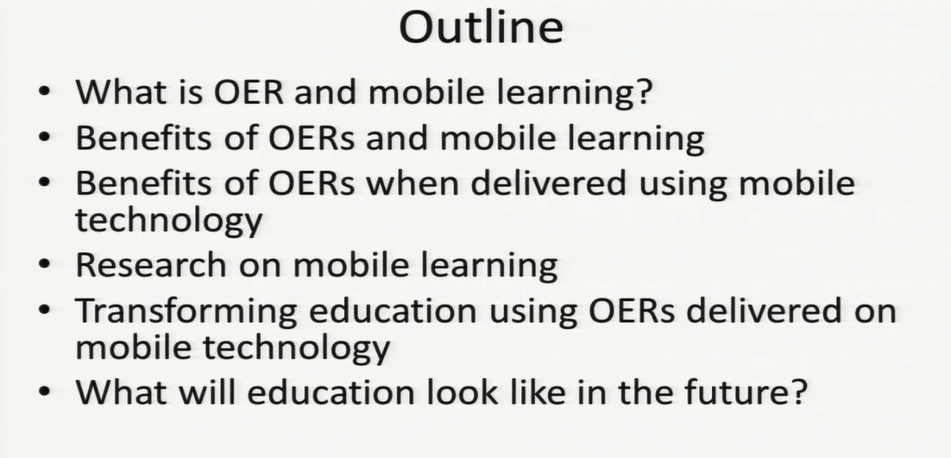Subsequent to formal education, physicians become responsible for maintaining and advancing their medical proficiency through self-regulated learning activities that can range from reading journals to participating in structured courses. Given the li...
http://chineseinput.net/에서 pinyin(병음)방식으로 중국어를 변환할 수 있습니다.
변환된 중국어를 복사하여 사용하시면 됩니다.
- 中文 을 입력하시려면 zhongwen을 입력하시고 space를누르시면됩니다.
- 北京 을 입력하시려면 beijing을 입력하시고 space를 누르시면 됩니다.
Self-regulated learning and self-assessment in medical education: Is it all Latin to medical students?
한글로보기https://www.riss.kr/link?id=T10744978
- 저자
-
발행사항
[S.l.]: University of Michigan 2005
-
학위수여대학
University of Michigan
-
수여연도
2005
-
작성언어
영어
- 주제어
-
학위
Ph.D.
-
페이지수
222 p.
-
지도교수/심사위원
Chair: Marvin W. Peterson.
-
0
상세조회 -
0
다운로드
부가정보
다국어 초록 (Multilingual Abstract)
Subsequent to formal education, physicians become responsible for maintaining and advancing their medical proficiency through self-regulated learning activities that can range from reading journals to participating in structured courses. Given the links between self-assessment of knowledge and skills, decisions about self-regulated learning throughout professional life, and medical proficiency, it can be argued that self-assessment accuracy has important implications for the quality of patient care.
Medical educators have long advocated self-regulated, lifelong learning as a goal for medical education. However, paradoxically, the medical education literature reveals that most medical schools have not integrated formal programs into their curricula to promote or enhance these skills. The purpose of this qualitative study was to explore self-regulated learning in the milieu of undergraduate medical education.
In this study, students from two medical schools, one using a traditional approach to medical education and the other using a problem-based approach to medical education, were interviewed to investigate the variables that influence medical students' preparation for self-directed, lifelong learning, from the students' perspectives.
Students from both schools reported similar motivations for attending medical school including a strong desire to work with people and to devote themselves to helping others. Both groups looked forward to becoming good physicians, and viewed their medical schools as excellent, competitive institutions. However, students in the problem-based curriculum were using specific strategies to guide and enhance their learning throughout medical school; their school also had in place a formal structure for students to practice self- (and peer) assessment. In contrast, students in the more traditional curriculum described limited strategies or techniques for regulating or controlling their learning, and they relied on faculty for guidance and assistance.
This was a qualitative study designed to shed light on how students in two different curricula experience self-regulated learning and self-assessment in the context of medical school training. Findings might be useful to educators interested in understanding how and why some students engage in such activities and some don't, and to those who are interested in exploring ways to close the gap between medical curricula and goals for medical student education that include effective self-regulated learning.
분석정보
연관 공개강의(KOCW)
-

Education Policy at the Party Conferences
Teachers TV Teachers TV -

Further Education: Work Experience
Teachers TV Teachers TV -

Alcohol Education: Here's What We Want
Teachers TV Teachers TV -

2014 이러닝 국제 콘퍼런스 : Open Education Resources with Mobile Learning to Transform Education
한국교육학술정보원 Mohamed Ally -

Personal Finance Education: The Money Quiz
Teachers TV Teachers TV






